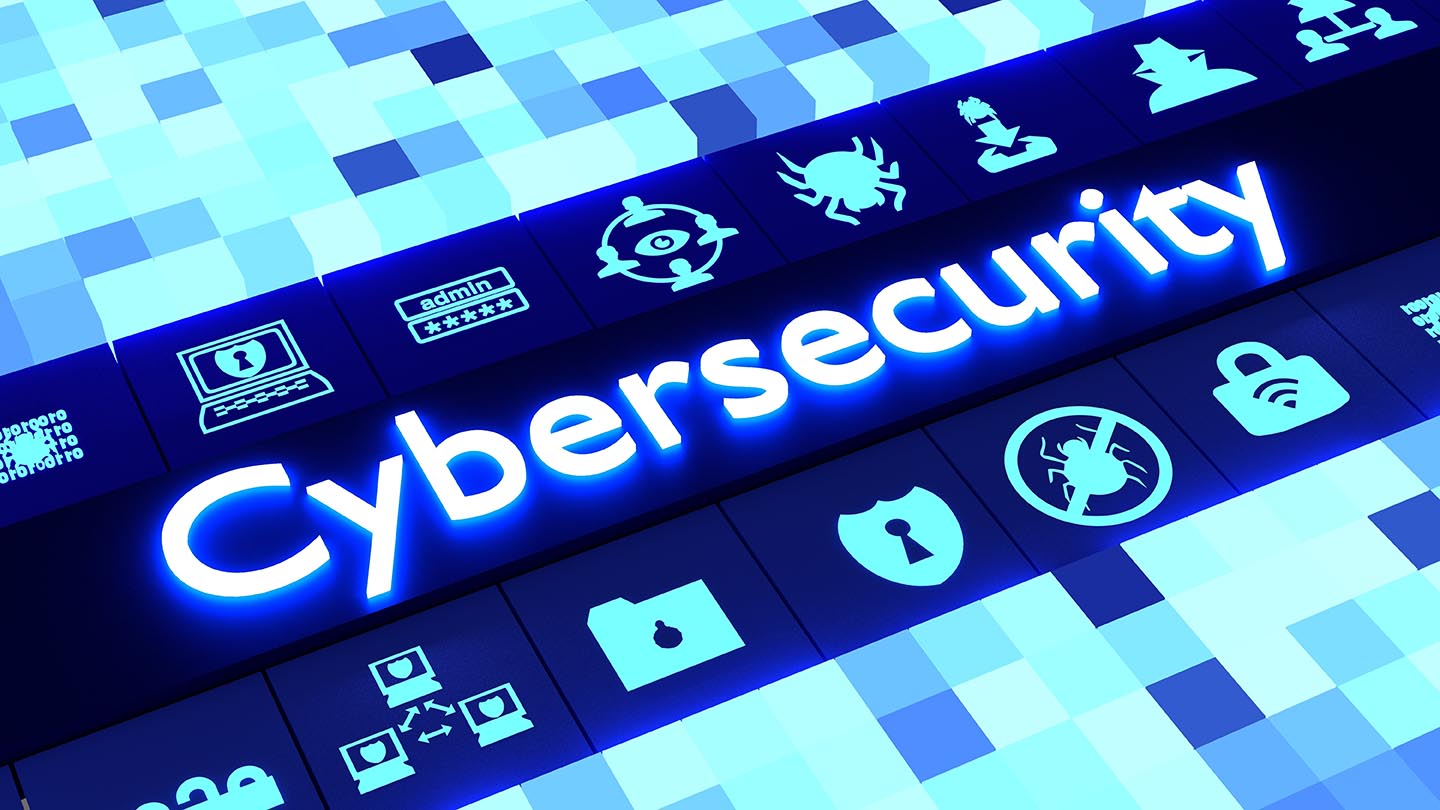To help members of the Cal U community guard against phishing and other attempts to access personal information, the University is observing National Cybersecurity Awareness Month in October by offering training and tips to faculty, staff and students.

“Due to unusual activity, your account has been disabled temporarily,” the all-too-common inbox email reads. “Please follow this link, enter your username and password and update your credit card.”
These types of emails look very real, but they are actually phishing scams — the fraudulent practice of sending emails that look like they’re from reputable companies in order to induce people to reveal personal information, such as passwords and credit card numbers.
To help members of the Cal U community guard against phishing and other attempts to access personal information, the University is observing National Cybersecurity Awareness Month in October by offering training and tips to faculty, staff and students.
Online training will be offered to students throughout the month via Desire2Learn, the University’s web-based learning management system for face-to-face and online courses.
Faculty and staff may complete security-awareness training through ATLAS (Apply, Train, Learn and Succeed), an online learning platform used to manage professional development training.
The training includes how to recognize common scams, the importance of choosing strong passwords, and the types of information, such as credit card and Social Security numbers, that should not be sent via email.
Throughout October, the University’s social media accounts will provide tips from University Technology Services to protect personal information online.
“This is a life skill,” said Dennis Carson, of UTech Services. “Years ago, you’d get a call on the phone from a company that wanted your credit card number. Or people would go door-to-door promising services but then not delivering. That has all moved online now. People can send one fraudulent email to thousands of people with the click of a button.
“This isn’t just about the University. When students graduate, they’ll face the same types of scenarios at their jobs. Students today have grown up with smartphones in their pockets, but they still need guidance to know which information to believe and trust, or how to protect their personal information.”
Email filters can only go so far, Carson said.
“Users need to be aware and cautious and understand some of the ways to know when an email is a scam.”
Simple habits also are important.
“Use strong passwords for email and make sure your smartphones and laptops are password-protected,” said Dr. Raymond Hsieh, a professor of criminal justice and a cybersecurity expert.
“And if you receive a notification asking you to provide personal information in order to reset a password, or something similar, and you question whether it’s legitimate, contact UTech Services. Make sure it’s OK before you respond.”
